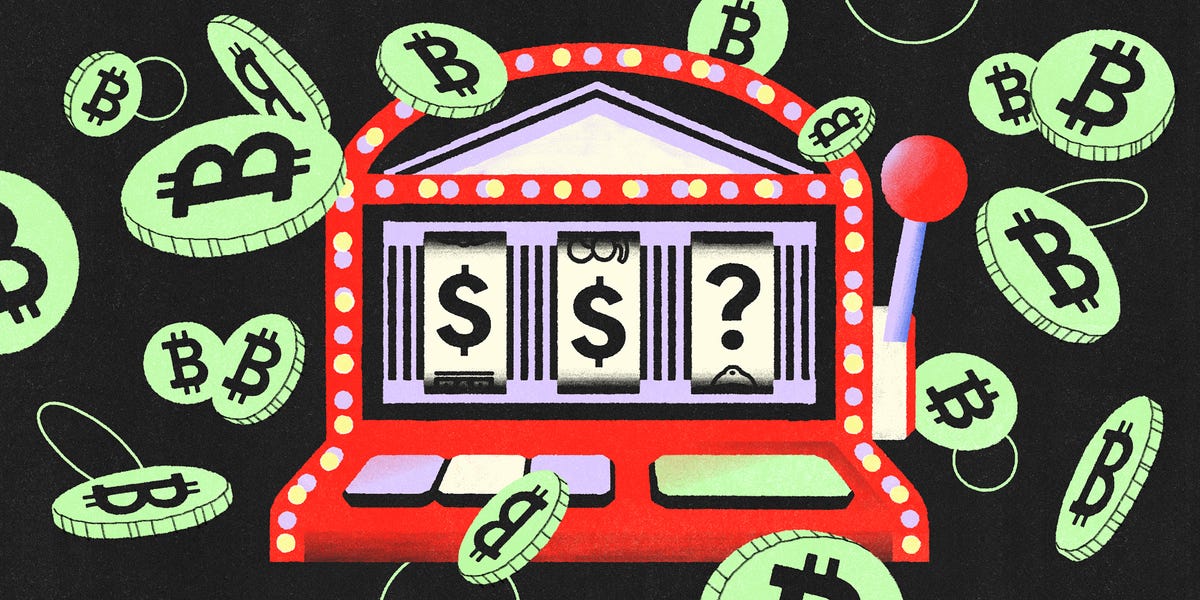Introduction
As digital currencies gain traction, their promise to revolutionize the financial landscape is increasingly questioned. What role does cryptocurrency truly play in the lives of Americans, particularly those without traditional bank accounts?
The Promise of Cryptocurrency
From its inception, cryptocurrencies like Bitcoin and Ethereum were heralded as a solution to the inefficiencies of traditional banking. The idea was simple: create a decentralized financial system where individuals could “be their own bank.” However, the reality paints a different picture. The Federal Deposit Insurance Corporation (FDIC) found that only 4.8% of households owned or used cryptocurrency, a stark contrast to the presumed ubiquity.
Faith vs. Reality
Despite a total market valuation nearing $3.5 trillion, crypto’s utility as a currency remains underwhelming. The majority of crypto holders treat digital coins as investments rather than transactional tools. With 92.6% acquiring crypto primarily for speculative purposes, the dream of a new currency appears misleading. In fact, only a small fraction of unbanked households use crypto for basic transactions.
Why Isn’t It Working?
For cryptocurrency to function as a legitimate currency, it must be widely accepted and intrinsically valued. Yet, consensus on its worth remains elusive. Studies indicate that a substantial portion of the American public lacks confidence in cryptocurrencies, making it nearly impossible for digital currencies to replace U.S. dollars in everyday use.
Comparing Traditional and Digital Money
The U.S. dollar remains a stable and trusted form of currency, further complicating crypto’s bid for acceptance. Initiatives like El Salvador’s attempt to adopt Bitcoin as legal tender have largely failed to gain traction among the general population, highlighting significant barriers in transitioning from fiat to crypto.
Emerging Markets and Potential
While crypto struggles in established economies, it finds fertile ground in nations with fragile financial systems. Countries like Venezuela and Nigeria see cryptocurrencies as viable alternatives for transactions, suggesting that crypto may have a niche role in the future of finance, albeit not in the markets where it began.
Key Takeaways
- Only a small percentage of American households use cryptocurrencies actively.
- The majority approach crypto as a speculative investment rather than a currency.
- Widespread skepticism hampers crypto’s acceptance in daily transactions.
- Emerging markets may offer the most potential for cryptocurrencies as functional currencies.

